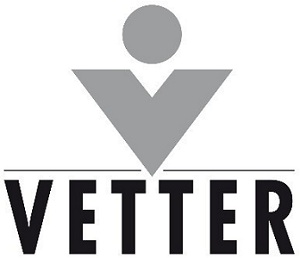cGMP, which means ‘current Good Manufacturing Practice’, is a key component of the pharmaceutical industry and outlines the requirements necessary for ensuring the quality of drugs and active ingredients. For pharma and biotech companies, adherence to this guideline is of particular importance in maintaining approval of regulatory authorities. For the benefit of patient safety, cGMP regulations are under continuous development and are considered indispensable in pharmaceutical manufacturing. Companies are required to adapt their processes accordingly.
The importance of cGMP
Past examples of poor adherence to cGMP regulations offer insight into why these regulations are so critical. In 2008, contaminated heparin from China resulted in the deaths of 81 individuals in the United States as well as severe allergic reactions to patient What was the cause of this tragedy? At the time of the event, there was no cGMP inspection of the Chinese supplier of the heparin — extended with the addition of over-sulfated chondroitin sulfate. Only through special analytical methods of the FDA (Food and Drug Administration) could this toxic substance, similar to heparin, be identified. Since that incident, both the FDA and Germany’s Federal Institute for Drugs and Medical Devices (BfArM) require all injectable solutions with unfractionated heparin to be tested by capillary electrophoresis and nuclear magnetic resonance (NMR) spectroscopy for the presence of over-sulfated chondroitin sulfate.
GMP or cGMP – is there a difference?
The ꞌcꞌ in the acronym cGMP signifies ꞌcurrentꞌ. With that ‘c’, the FDA is making it clear that GMP is a process of continual improvement, and that its regulations are continuously evolving. Their goal is to make product quality a central factor, counteracting a “set and forget” approach.
cGMP – a challenge for pharma and biotech companies
The regular change and extension of Good Manufacturing Practice guidelines can create challenges and a high workload for any company affected. Changed regulations need to be recognized and implemented, new regulations must be integrated into existing processes or modified accordingly, and the entire process must occur as quickly as possible. Various possible interpretations of the cGMP also complicate the correct handling or the regulations. Additionally, any changes in the guidelines can often have far-reaching consequences. In many cases, a relevant process change in one department can affect other departments. This scenario must be taken into consideration and coordinated between departments with each change and extension of the guidelines.
Vetter is channeling its expertise into the cGMP activity environment
For pharmaceutical manufacturers it is essential to collaborate with a partner who exercises the greatest of care in regards to cGMP compliance. To offer this service to its customers, Vetter has implemented a central function for all cGMP matters, making it possible to centrally coordinate changes to the guidelines and their effects. Due to regular customer audits and regulatory inspections, Vetter engages intensively with the cGMP rules and gains insights into the entire cGMP environment through numerous internal and external interfaces. Vetter actively includes the extensive knowledge it has gained in the area of compliance into its business by taking part in committees such as the ISPE (International Society for Pharmaceutical Engineering). As such, customers are in good hands with Vetter in regards to Good Manufacturing Practice and benefit from the company’s comprehensive level of experience and expertise.





















